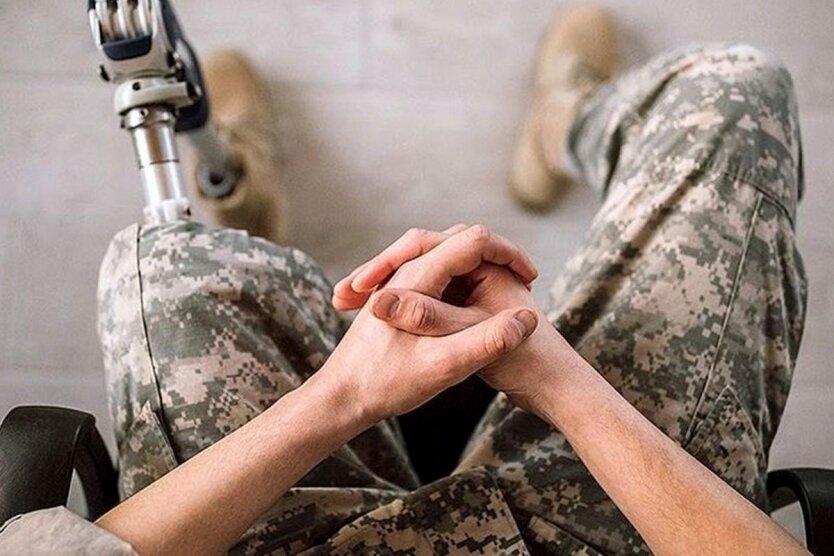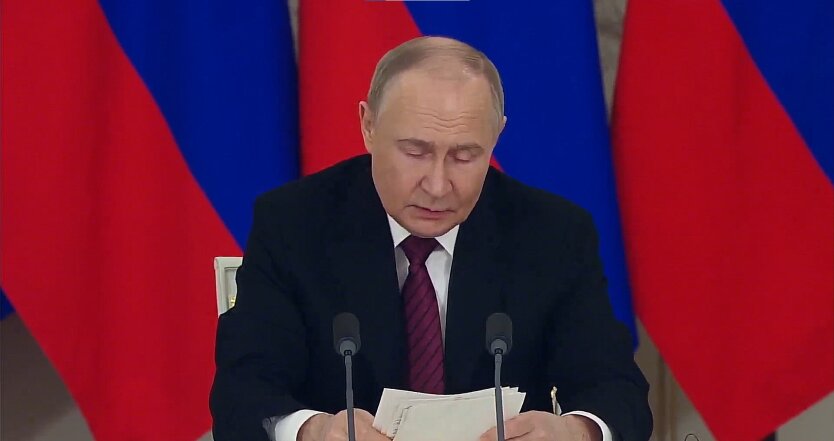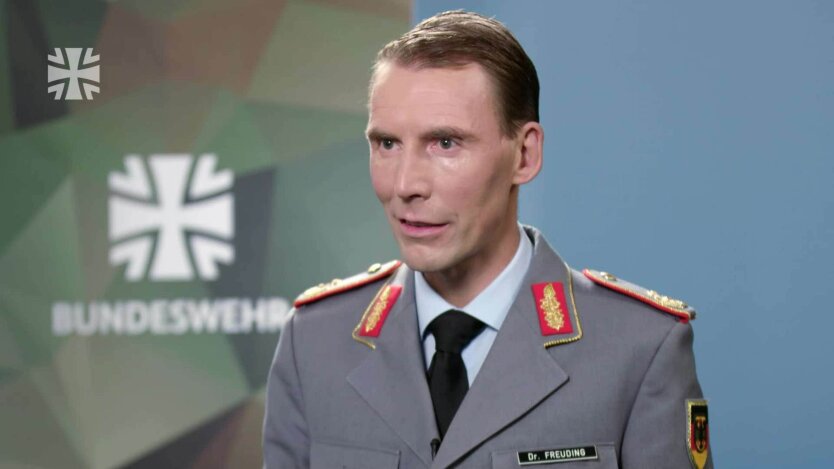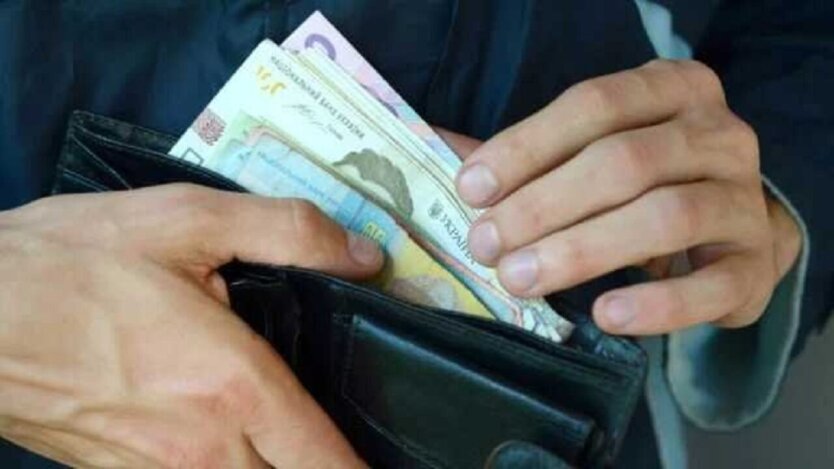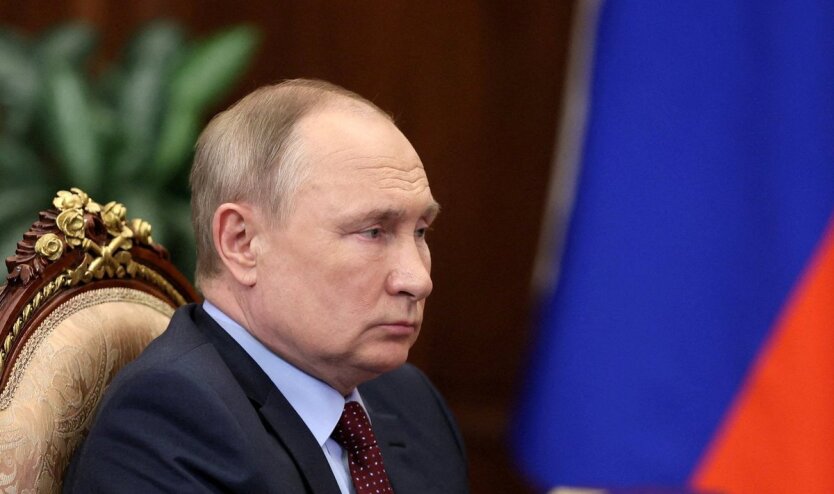The World Bank has sent Ukraine the first tranches from the frozen assets of the Russian Federation.

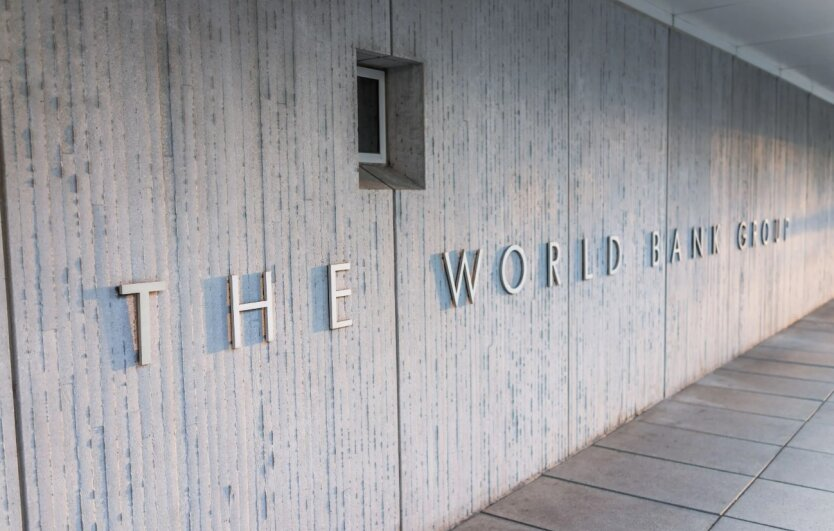
The World Bank approved the allocation of $2.05 billion to Ukraine
The World Bank has approved the allocation of $2.05 billion to Ukraine to ensure financial stability, implement reforms, and promote investments, including a fund replenished by proceeds from the frozen assets of the Russian Federation.
'The World Bank's Board of Executive Directors has approved a Development Policy Operation (DPO) program for Ukraine aimed at strengthening the foundation of economic policy for sustainable growth and improving financial stability,' the World Bank's message states, as reported by Ukrinform.
It is explained that the operation involves the allocation of $1.05 billion using resources from the International Bank for Reconstruction and Development (IBRD), credit-enhanced through the Ukrainian Trust Fund Advancing Needed Credit Enhancement (ADVANCE) with the support of Japan and the United Kingdom. The operation is also co-financed by a $1 billion grant from the Fund for Assisting Resources for Investment in Strengthening Ukraine's Financial Intermediation (F.O.R.T.I.S. Ukraine FIF).
The DPO program is aimed at supporting reforms in Ukraine to strengthen the country's economic potential and improve macro-financial stability. This initiative supports the government's efforts to increase Ukraine's GDP per capita to approach the level of the EU and enhance the economic independence of the state.
Read also
- Monetary assistance for injury or death of a serviceman: the main mistake named by the TCC, due to which payments are delayed
- The Sunday Times revealed that it showed Putin's response to 'Web'
- Pensions in Advance: Some Ukrainian Pensioners Will Receive Payments for 6 Months at Once
- The general assessed how the 'Spider' operation changed the conditions of the war
- Thousands of Ukrainians risk losing financial assistance: who will lose the pension and aid supplement
- ISW revealed what will make Putin change his perception of the war and sit down at the negotiating table

